Following instructions Easy Numbers Worksheets for Ages 6-9
5 filtered results
-
From - To
Our "Following Instructions Easy Numbers Worksheets for Ages 6-9" are designed to make learning numbers fun and engaging for young learners. These printable worksheets help kids develop essential math skills by following simple, step-by-step instructions. Perfect for classroom or home use, they enhance numerical understanding through a variety of interactive activities. Aligned with educational standards, these worksheets support children in mastering counting, number recognition, and basic arithmetic. Each worksheet is tailored to the learning pace of kids aged 6-9, ensuring they build a strong foundation in math while boosting their confidence and ability to follow directions effectively.
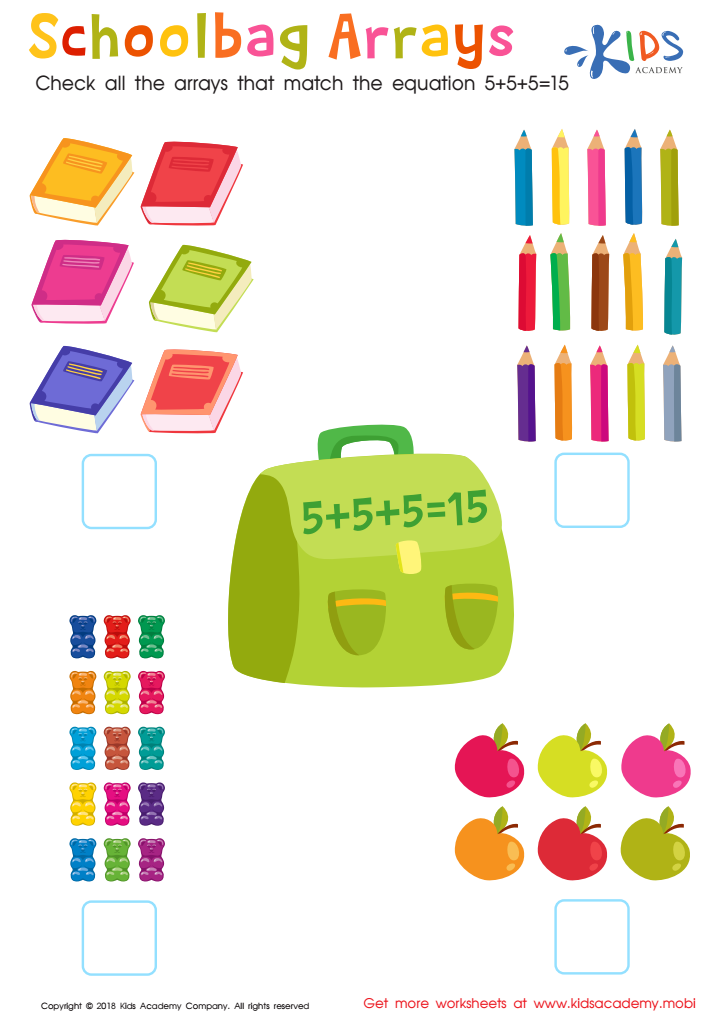

Schoolbag Arrays Worksheet
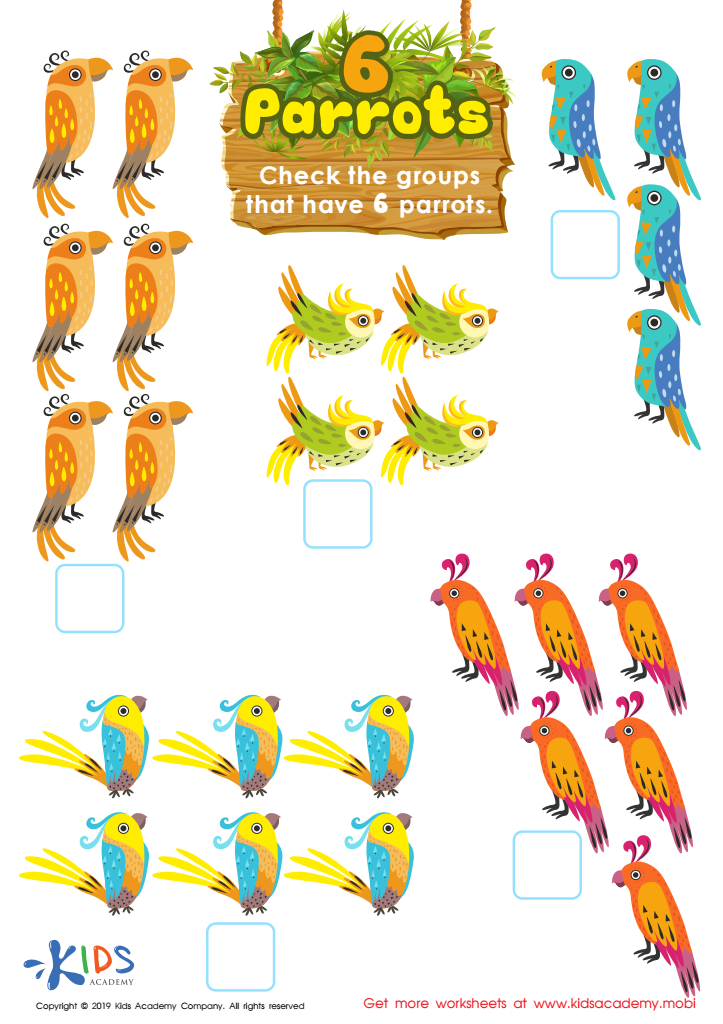

6 Parrots Worksheet
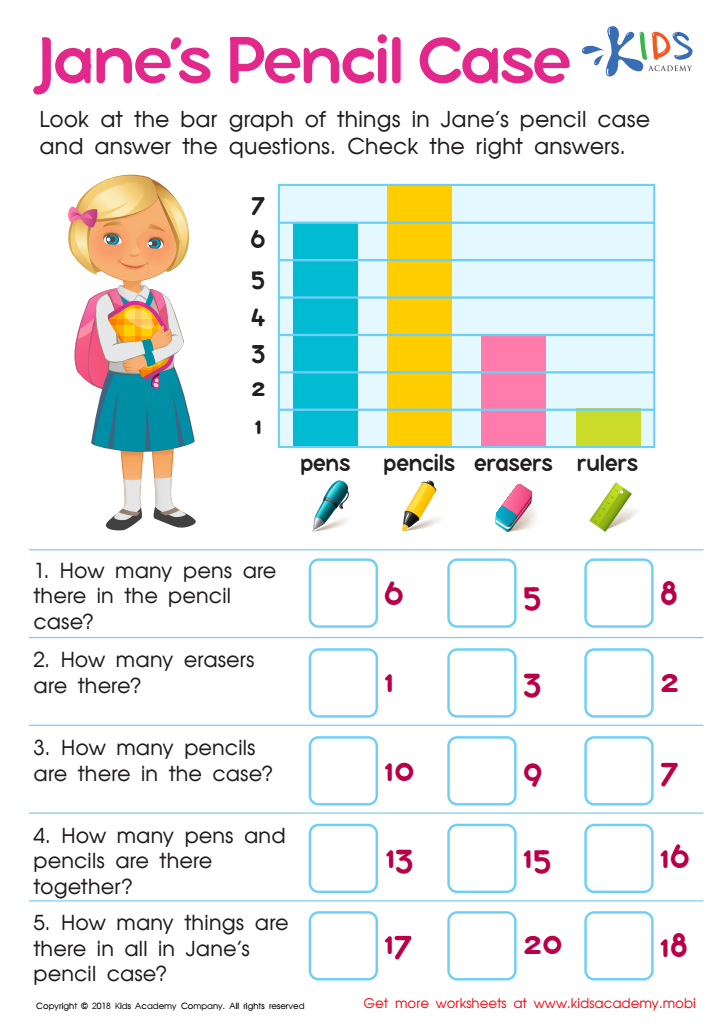

Jane's Pencil Case Worksheet
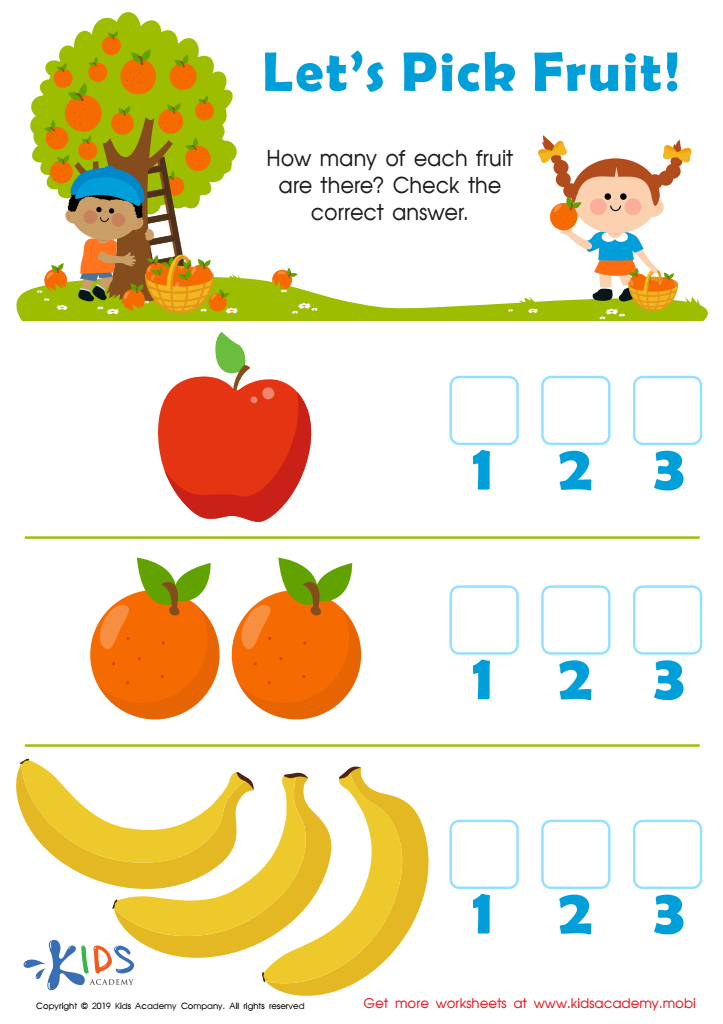

Let's Pick Fruit Worksheet
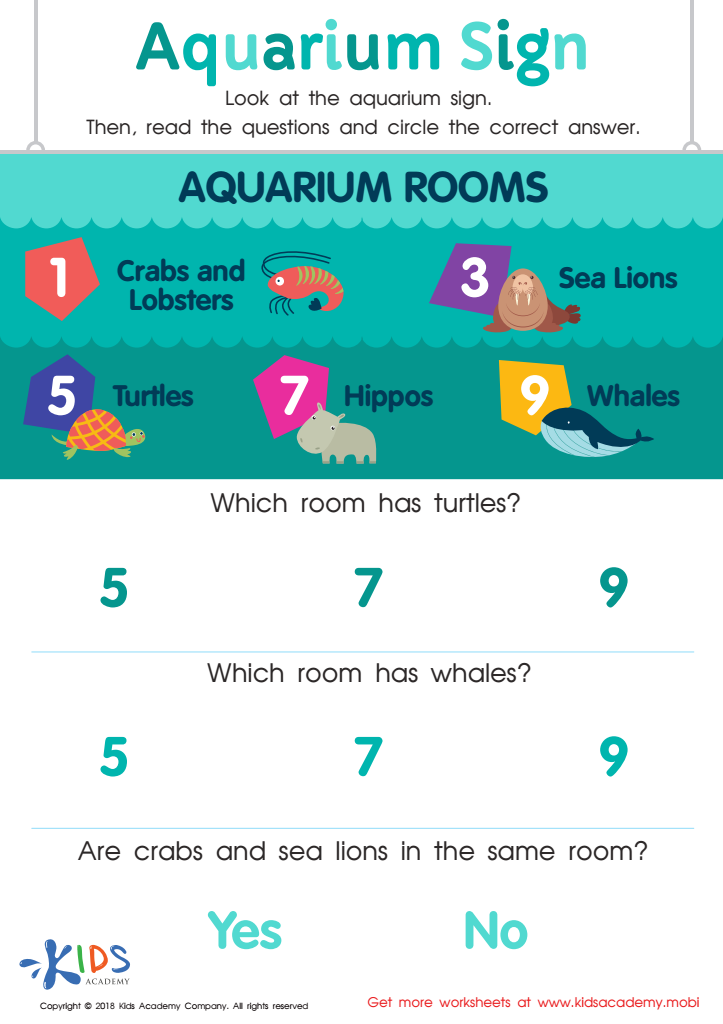

Assessment: Aquarium Sign Worksheet
Following instructions is a fundamental skill that lays the groundwork for cognitive development and academic success in children aged 6-9. At this stage, learning how to comprehend and follow directions helps children develop critical thinking and problem-solving skills. When parents and teachers focus on developing these skills through easy numbers, they provide a solid mathematical foundation, which is essential in nearly all aspects of education.
Young children benefit immensely from engaging activities using simple numbers because these tasks enhance their ability to pay attention to details and improve their memory. Moreover, by introducing mathematical concepts in a fun and accessible manner, children are more likely to develop a positive attitude toward learning and retain the information better.
Understanding and following instructions also nurture a child's ability to listen, which is essential in classroom settings and everyday life. Effective listening fosters strong communication skills, encouraging children to express their thoughts clearly and confidently.
The habit of following instructions in numerical activities helps kids build discipline and perseverance, essential traits for lifelong learning. In summary, investing time in teaching children to follow instructions using easy numbers not only aids their mathematical development but also promotes important life skills that will benefit them in future educational and social situations.
 Assign to My Students
Assign to My Students










.jpg)










